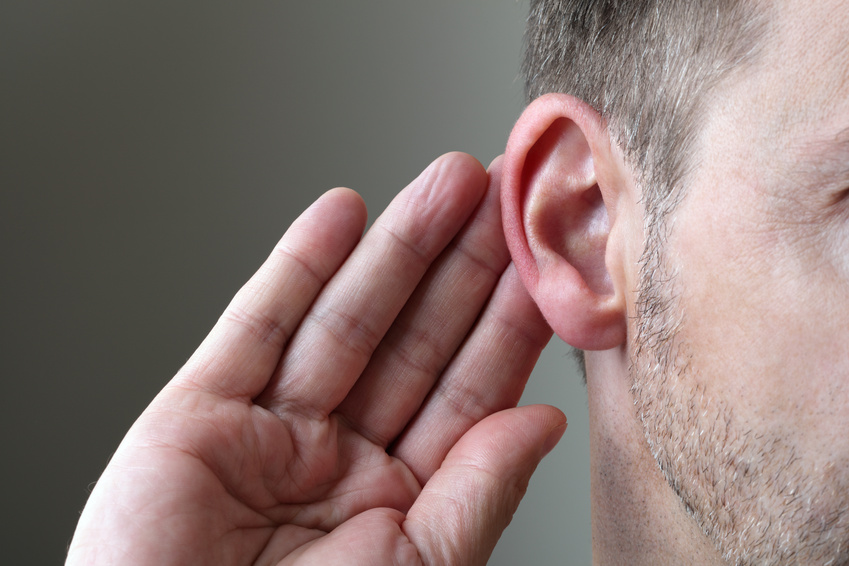On every measurement of human happiness, good relationships with other people rate very high, if not top of the scale. Good relationships are also a key to good business, with prospects, clients, colleagues and partners. And we have all been told so many times that communication is the key to good relationships.
So how come, when we start talking, at work or at home, about something we know the other person doesn’t share our views on, we end up so often with a predictably pointless discussion, or worse, aggressive argument?
We can’t force other people or circumstances to change, but we can modify our own outlook and behaviour, which in turn will elicit different responses from others.
One of the most frequent causes of friction in close or business relationships is that one, or both parties, believes their point of view is not being heard. You may feel this yourself, but a way to improve the situation is to make sure that you are listening properly to what the other person is telling, and asking of, you. You might find that what they want from you is very different to what you had assumed.
“Whenever you’re in conflict with someone, there is one fact that can make the difference between damaging your relationship and deepening it. That factor is attitude.” William James, psychologist (1842-1910).
Neuro Linguistic Programming tells us, quite rightly, that amongst the most important factors in good communication is the use of rich and varied language, which appeals to the sensory bias of the other person. So someone who employs phrases like “I hear what you’re saying” will understand you better if you use auditory metaphors; a person who “sees your point” will see it more easily if material is presented in a visual way; and it’s helpful to appeal to the emotions of someone who tells you “I feel very positive about… ”
Ensuring that the way you speak and your own body language are aligned to your words, and learning to read and interpret the body language of other people, are as important in communicating as the content of what you are actually saying.
Whichever way you process information, or present your material, nothing is more infuriating than sensing that the other person has not properly listened to you or your point of view. And it works both ways – if there’s a long standing disagreement festering in any of your relationships, you may unintentionally be failing to listen to what your boss, colleague, partner, child, friend or parent, is trying to make you understand.
“I like to listen. I have learned a great deal from listening carefully. Most people never listen”. Ernest Hemingway (1899 – 1961)
One way to improve all and any relationships is to cultivate the skills of Empathic Listening. This involves focusing exclusively on the other person, using both your intellect and intuition to understand what they want and need you to hear from them – particularly on a difference of opinion – and ensuring that what you’ve understood them to say is what they intended you to hear.
When you listen empathically, you use your whole self, not just to hear what the other person is saying, but to gain insights into what they are thinking and feeling. By extending this courtesy to them, you also allow the other person the space and time to communicate in a more relaxed and less combative manner.
While you are talking with the other person, consciously put aside your own emotions, needs and issues and focus entirely on the other person, their feelings and requirements at that moment. When it’s appropriate you could try asking the other person to offer you the same opportunity to be heard when they feel you have genuinely listened to them.
While you are listening to the other person’s point of view, try to identify the main emotion(s) that they are expressing, which may not be what they are putting into words. Watch their face, eyes, body, and hands. Note postures, motions, expressions and gestures or lack of these. Listen to their words and speech dynamics to guesstimate their main current thoughts and feelings. Trust your own intuition here; sometimes the reality will be in opposition to what the other person is actually telling you.
From time to time when they pause – try not to interrupt them – in a few of your own words or a brief phrase, summarise the essence of what you believe the other person is thinking, feeling or needing. The most effective sort of feedback will be remarks like: “So you think that… ”; “That must have been really confusing for you… ”; “You were really angry with me about… ”. Try to avoid inserting your own needs, opinions, or thoughts, which will break the flow of positive communication. It takes concentration, focus and a lot of restraint to begin with.
As you practise empathic listening on a regular basis, you will find yourself getting better at it and you will find your relationships changing – for the better.
You can find more information on developing Empathic Listening and Richer Relationships in You can find more information on developing Empathic Listening and Richer Relationships in my book The Real Secret, available in paperback and Kindle on Amazon.co.uk and Amazon.com.












